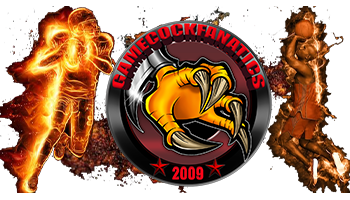Gamecock Fanatics
You are using an out of date browser. It may not display this or other websites correctly.
You should upgrade or use an alternative browser.
You should upgrade or use an alternative browser.
What music are you listening to now?
- Thread starter TheYancey
- Start date
Last edited:
Gamecock Caveman
Member
Gamecock Caveman
Member
Ole Waylon was one of the original Crickets.

Waylon Jennings - Wikipedia
Before their performance at the Surf Ballroom in Clear Lake, Iowa, Holly chartered a four-seat Beechcraft Bonanza airplane from Dwyer Flying Service in Mason City, Iowa, for himself, Jennings, and Tommy Allsup, to avoid the long bus trip to their next venue in Moorhead, Minnesota. Following the Clear Lake show (which ended around midnight), Allsup lost a coin toss and gave up his seat on the charter plane to Ritchie Valens, while Jennings voluntarily gave up his seat to J. P. Richardson, known as The Big Bopper, who was suffering from the flu and complaining about how cold and uncomfortable the tour bus was for a man of his size.
When Holly learned that his bandmates had given up their seats on the plane and had chosen to take the bus rather than fly, a friendly banter between Holly and Jennings ensued, and it would come back to haunt Jennings for decades to follow: Holly jokingly told Jennings, "Well, I hope your ol' bus freezes up!" Jennings jokingly replied, "Well, I hope your ol' plane crashes!" Less than an hour and a half later, shortly after 1:00 am on February 3, 1959, Holly's charter plane crashed into a cornfield outside Mason City, instantly killing all on board.
For decades afterward, Jennings repeatedly stated that he felt responsible for the crash that killed Holly. This sense of guilt precipitated bouts of substance abuse through much of his career.
"Jole Blon" was released on Brunswick in March 1959 with limited success. Now unemployed, Jennings returned to KLLL. Deeply affected by the death of Holly, Jennings's performance at the station worsened. He left the station after he was denied a raise, and later worked briefly for the competition, KDAV.
Jennings' story stretches across a very important part of American music history.

